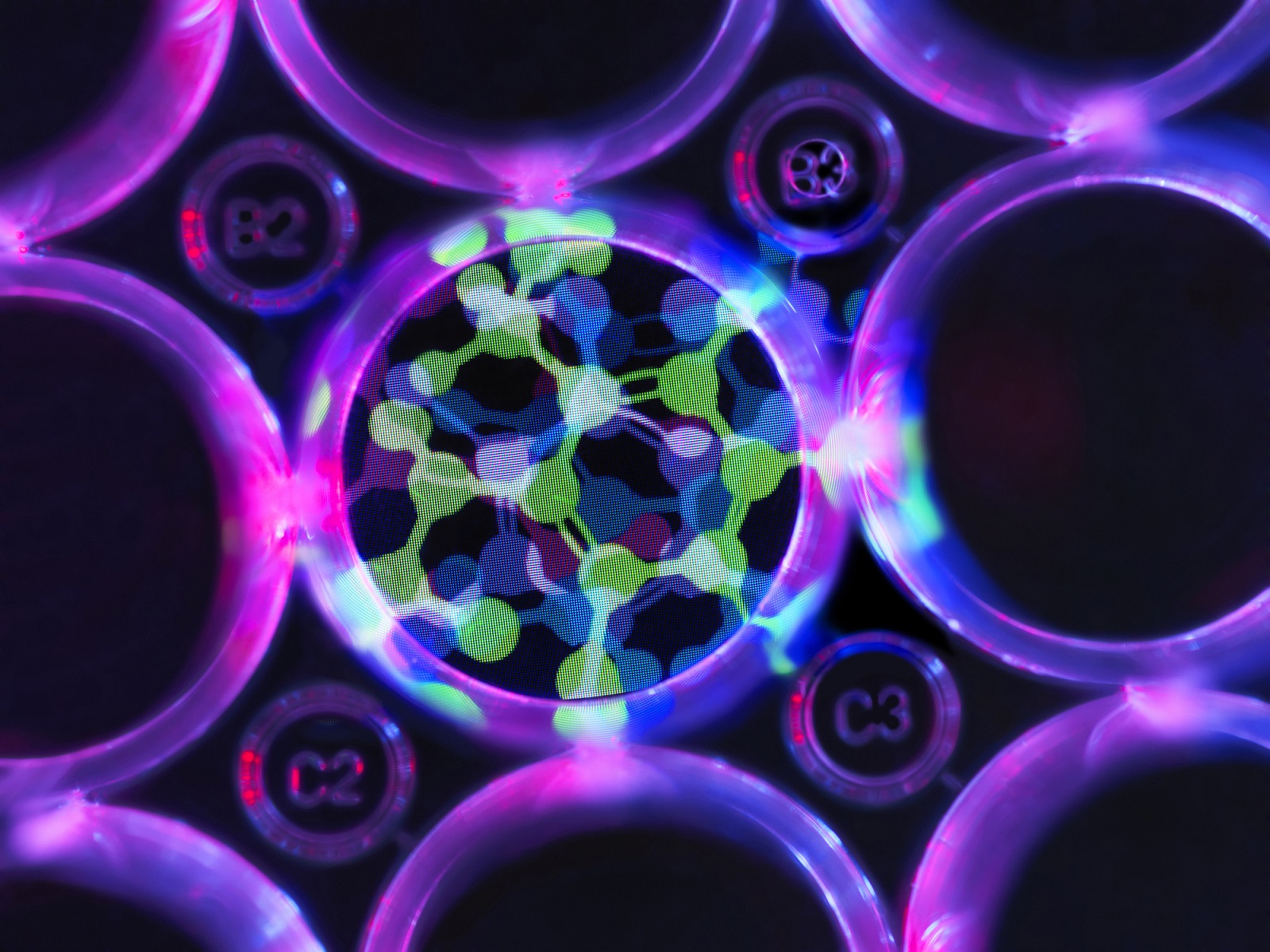In an era marked by heightened environmental awareness and a growing concern for the planet’s well-being, sustainability and environmental responsibility have become essential considerations in various industries. The pharmaceutical industry, particularly in the manufacturing of Active Pharmaceutical Ingredients APIs, is no exception. Sustainable and environmentally responsible practices are gaining prominence in API manufacturing, and for good reason. This article delves into the importance of these principles and explores how the pharmaceutical sector can adopt sustainable practices in API manufacturing. Sustainability is defined as the ability to meet present needs without compromising the ability of future generations to meet their own needs. In the context of API manufacturing, this implies reducing the environmental impact while ensuring the long-term viability of pharmaceutical production. Here are several compelling reasons why sustainability in API manufacturing is vital:

Environmental Impact – The pharmaceutical industry is known for its resource-intensive processes, which can result in significant environmental degradation. Sustainable practices aim to minimize this impact by reducing waste generation, energy consumption, and emissions.
Regulatory Compliance – Increasingly stringent environmental regulations worldwide make it imperative for pharmaceutical companies to adopt environmentally responsible practices. Non-compliance can result in legal issues, fines, and reputational damage.
Cost Savings – API Manufacturing Process can lead to reduced energy and resource consumption, which ultimately translates into cost savings for pharmaceutical companies. Efficient use of resources and waste reduction can have a positive impact on the bottom line.
Consumer Demand – As consumers become more conscious of the environment, they are increasingly seeking out sustainable and eco-friendly products. Pharmaceutical companies that prioritize sustainability are better positioned to meet this growing demand.
API manufacturing involves complex chemical processes that can generate significant waste and emissions. To promote sustainability and environmental responsibility, the pharmaceutical industry can adopt the following practices:
Green Chemistry – Utilizing green chemistry principles involves designing and developing processes that minimize the use of hazardous substances, reduce waste, and promote energy efficiency. This approach can significantly lower the environmental footprint of API manufacturing.
Process Optimization – Implementing lean and efficient manufacturing processes can reduce resource consumption, lower energy requirements, and minimize waste generation. Continuous process improvement can enhance overall sustainability.
Renewable Energy Sources – Switching to renewable energy sources such as solar or wind power for manufacturing facilities can drastically reduce greenhouse gas emissions and decrease the carbon footprint of API production.
Lifecycle Assessment – Conducting a comprehensive lifecycle assessment of API manufacturing processes allows companies to identify areas where they can reduce environmental impact, from raw material sourcing to product disposal.
Compliance with Environmental Standards – Adhering to local and international environmental regulations and standards is fundamental. Pharmaceutical companies should invest in robust environmental management systems to ensure compliance.
The pharmaceutical industry’s commitment to sustainability and environmental responsibility in API manufacturing is a critical step toward addressing the environmental challenges of our time. By implementing sustainable practices, the industry can reduce its environmental footprint, comply with regulations, and meet consumer expectations for eco-friendly products. It is not only a responsible approach but also a pathway to long-term success in a changing world focused on a greener and more sustainable future.
